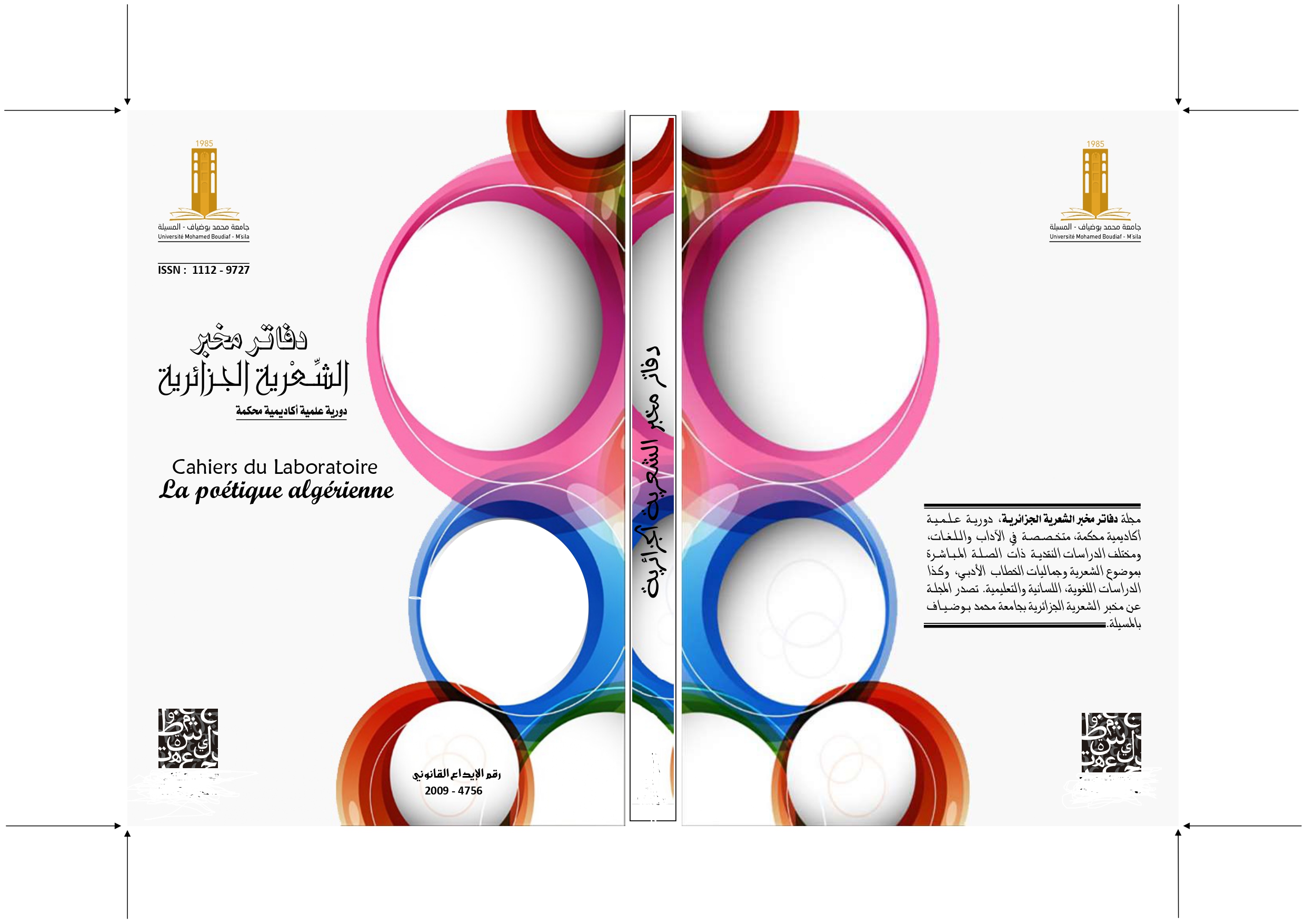The novel "Woman from Dhafar" by Zubaidi: Narrating the Unspoken
Keywords:
Dhofar revolution, Ideology, Discourse, UnspokenAbstract
Political power has subsequently adopted a series of restrictions to conceal the legacy of
Dhofar revolution and war. This is in the context of controlling the speech that was
established to establish the modern State as the Sultan Qaboos bin Saeed wanted to build:
State of a unitary nature, far from political or sectarian partisanship. The legacy of that stage
was destroyed under confidentiality throughout Sultan Qaboos' Thus. Until recently, only a
few Omani writings tried to narrative that stage of Omani history by using imaginative
narrative. This paper approaches Ahmed Zubaidi's experience through a novel "A woman from
Dhofar" as the first experience in the Omani narrative to address that stage. The paper
analyzes the discourse strategies for saying the unspoken in that stage of Omani history,
including how the discourse contributed to shaping the narrative of the revolution as ait was
the first discourse that tried to tell Dhofar revolution story, in a context in which telling the
unspoken is justified the literature and its presence. That is, in the context of the
interrelationship between this narrative's discourse and ideology. On the one hand, the
imaginative narrative provides the novel with the multiple possibilities. On the other hand,
that narrative gives it ability to fill revolution narrative blanks in the collective imagination.
Downloads

Downloads
Published
How to Cite
Issue
Section
License
Copyright (c) 2025 The Journal of the Algerian Poetics Laboratory

This work is licensed under a Creative Commons Attribution-NonCommercial 4.0 International License.




